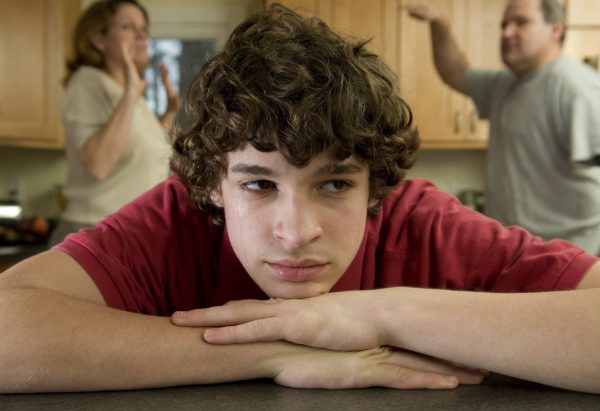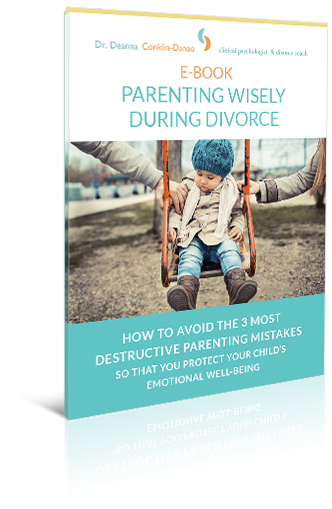Teenage suicide has been in the headlines often this year, particularly due to the popular show “13 Reasons Why.” Many parents and educators are having debates about this show, wondering if it’s doing more harm than good. No matter what your stance is, teen suicide rates are alarming. The analysis Center for Disease Control (CDC) reports that between 2007-2015, suicide rates have doubled in teenage girls and risen more than 30% in teen boys. So, what can you do to prevent suicide in the life of your loved teen? Start by learning the warning signs:
• Talking about suicide or expressing a desire to die • Changes in mood and behavior (Becoming more depressed, anxious or agitated) • Changes in sleep or appetite patterns • Acting more withdrawn from family and friends • Declining grades • Loss of interest in extracurricular activities • Substance use • Reckless behavior • Giving away possessions
If your teen is displaying any of these signs, you need to start a conversation with him or her and if multiple signs are present, you need to reach out for additional help. A conversation with your teen can start with a simple, non-judgmental observation, “I’m concerned because I notice you no longer like to do things with us or your friends”. Then allow your child to respond without interruption. At this point, you aren’t trying to ‘fix it”, you are trying to understand the nature of the problem.
Many parents might be scared to have this conversation or to learn things that they feel ill-equipped to handle. At this point, it is time for additional help. You can contact your school counselor, call the National Suicide Hotline (1-800-273-8255) or find a therapist who works with teens to assess your child professionally.
Do not dismiss your concerns or minimize the changes in your teen as “typical teenage behavior”. The stakes are too high to ignore the changes. Even if your teen is not in fact suicidal, it’s still important to rule out other issues, such as depression.









Leave A Comment